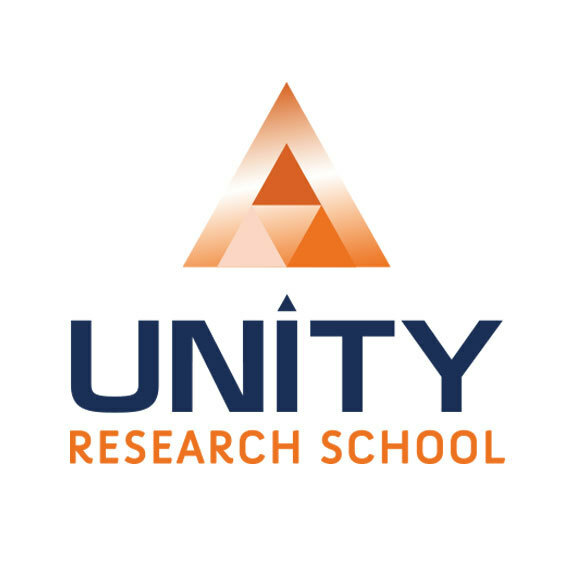

Research School Network: TES podagogy – Dyslexia Dyslexia Myths
—
TES podagogy – Dyslexia
Dyslexia Myths
Share on:

by Unity Research School
on the
Becoming ever more informed through engagement with evidence will help us do even better by those we teach and work with.
My thinking for Educere this week shared three informative podcasts from the TES education podcast series ‘Podagogy’. My recent and ongoing involvement in a DfE MAT SEND Review Pilot has enabled me to gain greater insights in to a wide range of SEND related evidence informed practice.

It therefore seemed fitting to highlight this first highly informative podcast which explores ‘what teachers need to know about dyslexia and supporting dyslexic students’
Professor Margaret Snowling, president of St John’s College, a leading dyslexia researcher makes the point that, “People used to think dyslexia was a clear-cut syndrome with signs and syndromes like a medical disease, but it is actually much more like blood pressure – it can range from very low to very high,”
She goes on to address numerous others myths around the condition and explains that education is still missing opportunities to help support students at an earlier stage.
“Children are not getting intervention early enough,” she argues. “It is really important to work on these problems as soon as they arise, not least because of the impact on self-esteem and academic self-concept.”
Dyslexia myths
In this wide-ranging interview, she talks about the best ways schools can identify and then support children with dyslexia and she addresses common misconceptions
“If you take ADHD, these children have difficulties in organisation, working memory and planning,” she explains. “Many people think that is a feature of dyslexia, but it is not, it is just that many children with dyslexia also have symptoms of ADHD.”
Other topics covered include the phonics screening test, the role of pre-schools and nurseries and her latest research project.
So, going forward I’m clearer about ..
- trying to put myself in the shoes of an individual experiencing difficulties
- listening and observing for difficulties, opportunities and successes
- the benefits of investing in time to consider the evidence
More from the Unity Research School
Show all news

Pupil Premium and SEND: learning without labels
Learning without labels
